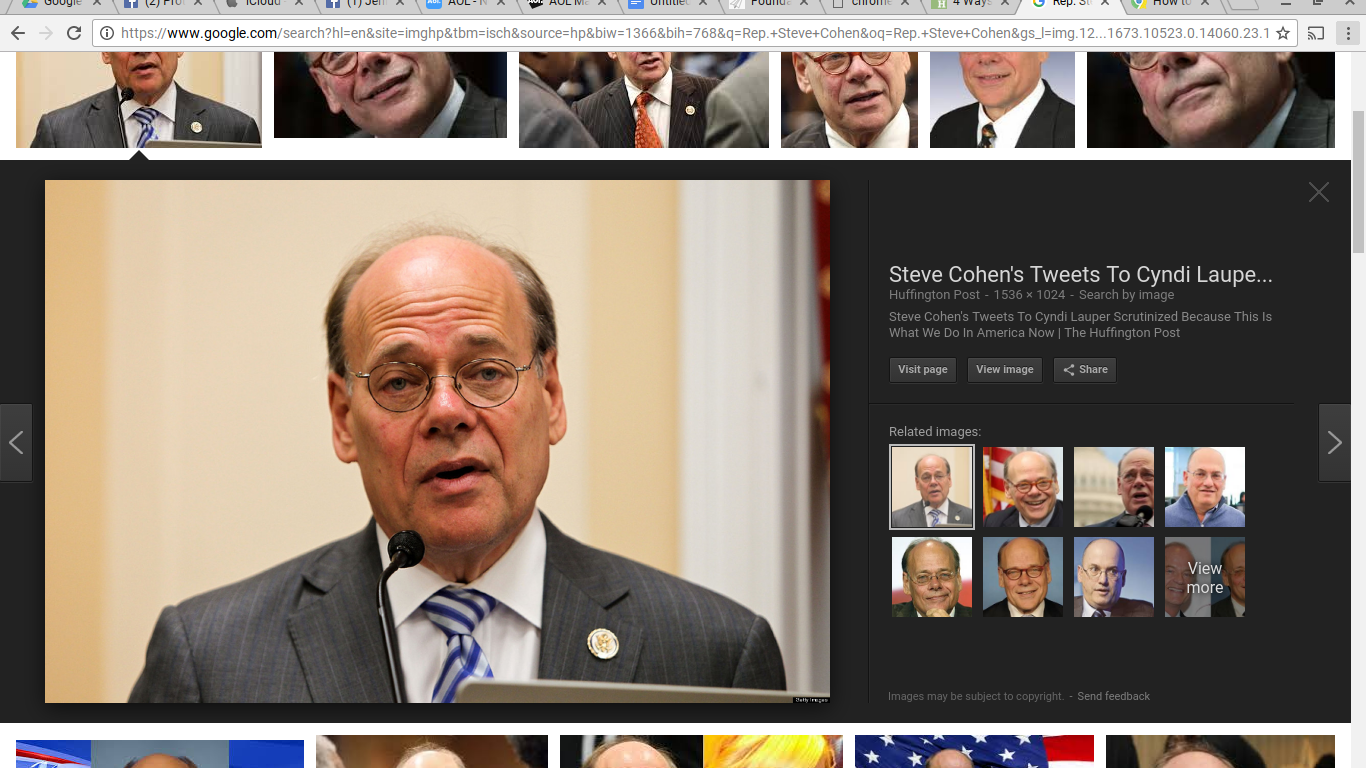
Rep. Cohen
Memphis Democratic congressman Steve Cohen was decidedly lukewarm on Tuesday about the program of accelerated K-12 vo-tech education announced earlier in the day by Bill Lee just before the governor left Nashville for the State of the Union address in Washington.
That’s because the congressman has never been fond of state programs that have used lottery scholarship money for funding, and that’s precisely what the governor intends to do.
In releasing the broad outlines of his proposal to step up K-12 vo-tech programs in Tennessee, Lee did not reveal his estimate as to the program’s cost. “We know the real numbers,” he said, “ but we have to let the legislature see it. … These funds will come from the same funding pool that the other programs funded from the lottery are.”
The Tennessee Lottery was a project Cohen labored for more than two decades as a state senator to bring into being, and its original, and still chief, purpose was to provide HOPE scholarships for students needing a source of additional funding for their college education.
The text of the press release containing Cohen’s statement on the governor’s wish to tap the lottery fund follows: “Vocational and technical education are areas in which Tennessee lags, and they can help open job opportunities. But the people of Tennessee voted in 2002 for a Georgia-like HOPE scholarship that rewarded the more meritorious and the more needy. This is what scholarships should do, aim at merit and need. I ‘hope’ someone will recall that and increase HOPE and Aspire Award scholarships.”
All things considered, and Cohen being Cohen, that was fairly accommodating.
The “other programs” mentioned by Lee that have since tapped the lottery fund include Tennessee Promise, which pays for Tennesseans’ community college tuition, and TNReconnect, a subsidy for adults continuing their suspended education, both programs cited by Lee as precedents. When the Haslam administration first proposed diverting lottery proceeds to fund these programs, Cohen was critical, insisting that the funds should remain committed solely to their original purpose. But his disapproval was expressed in a much more animated way than was his statement about Lee’s proposal on Tuesday.
The congressman’s reaction to Lee was almost one of resignation, as if he realized that, having lost battles regarding the earlier diversions, he was unlikely to prevail on this newest front of the funding war. Hence his concession regarding the value of increasing vo-tech education and his final sentence, expressing a wish for separate measures to increase the HOPE and Aspire scholarships.
It is still too early to forecast how things turn out. Lee can count on the “honeymoon” effect in expecting lawmakers to accede to his wishes. But few can be as determined as Cohen in pressing a case. It will likely take a while to work out a solution amendable to both officials, but on the strength of what was said by both of them on Tuesday, it can’t be considered impossible.